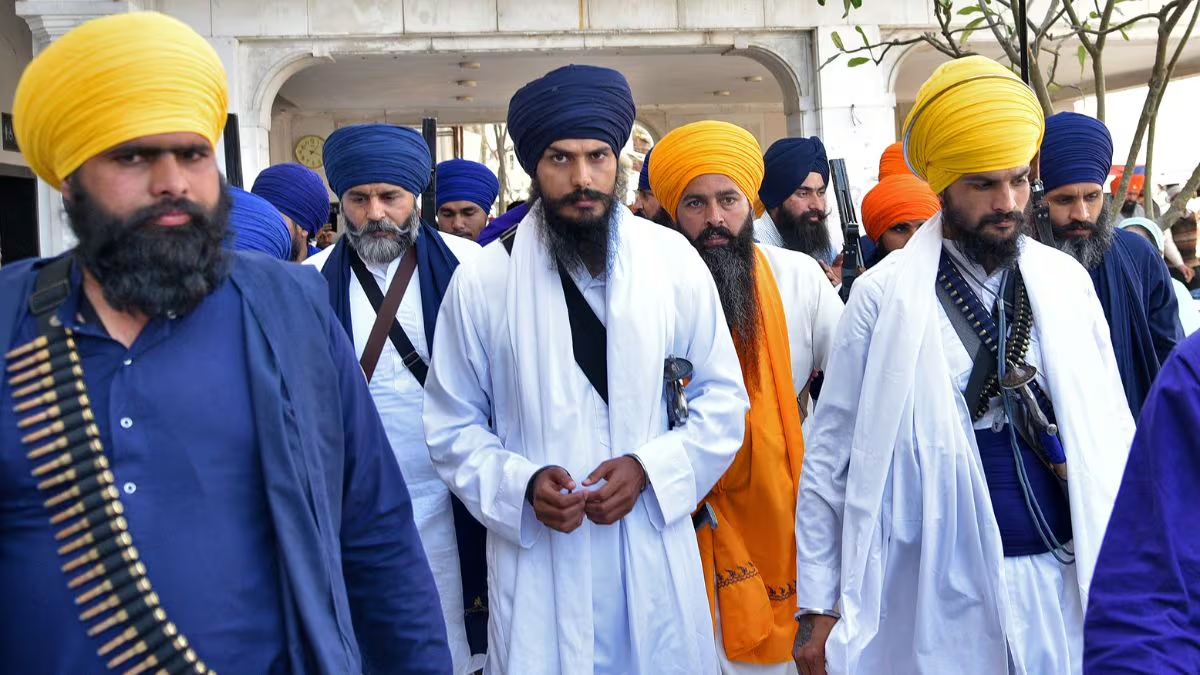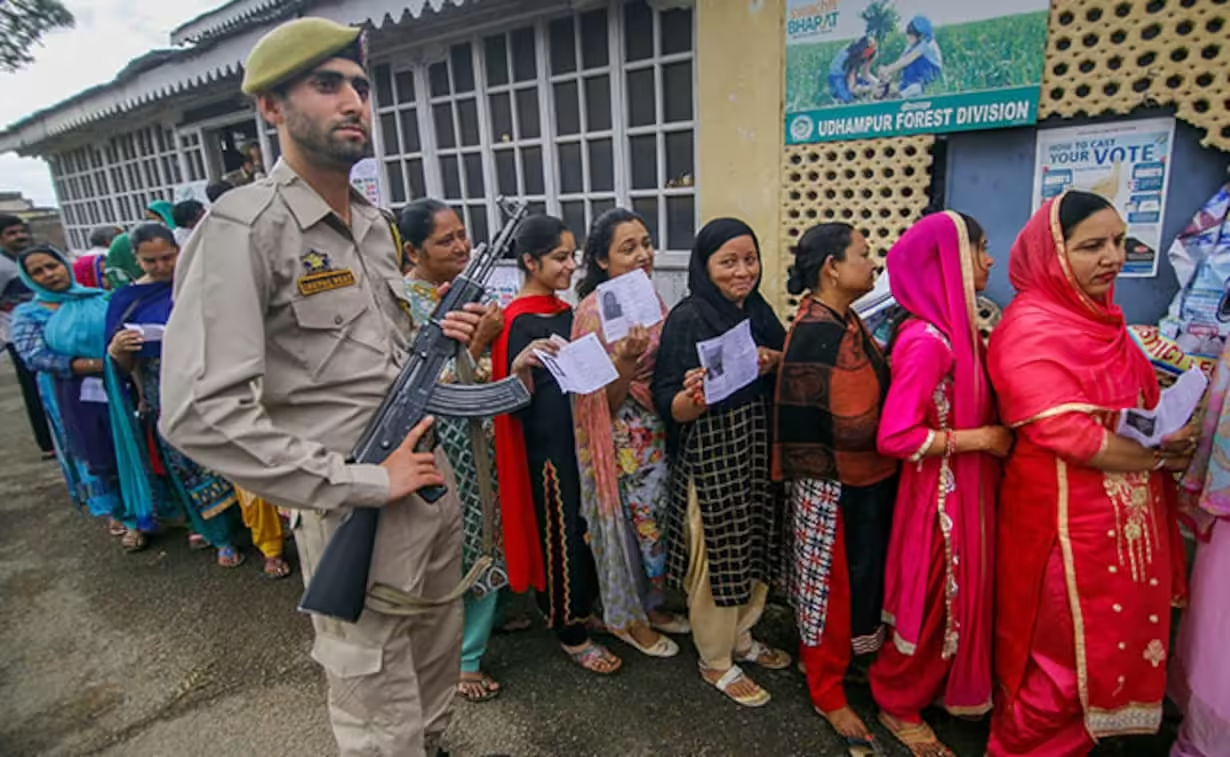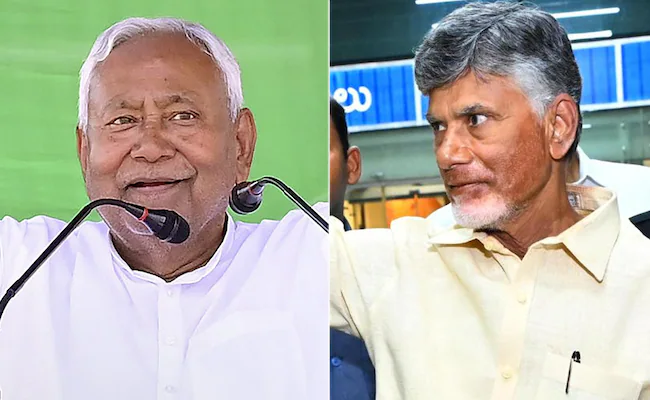Facing stringent National Security Act (NSA) charges while in Assam’s Dibrugarh jail, pro-Khalistani radical preacher Amritpal Singh is poised to enter the Lok Sabha. His supporters celebrated on Tuesday as he won the Khadoor Sahib parliamentary seat, defeating Congress’s Kulbir Singh Zira by a margin of 197,120 votes. However, central agencies have expressed concerns about his victory.
Government sources revealed that a central intelligence agency had previously warned about Amritpal’s Lok Sabha candidacy, citing potential backing from anti-national groups. A senior government official, with international experience, told News18 that the country would face significant challenges following Amritpal’s win.
“India firmly believes that Khalistani sentiments are primarily fueled from abroad, with minimal domestic support. However, Amritpal Singh’s victory might challenge this belief and complicate efforts to convince other nations that Khalistan sentiment is not widespread in India,” the official stated.
Additionally, Amritpal may attempt to engage with countries and leaders that have strained relations with India. Notably, some UK leaders openly support the idea of Khalistan and might seek contact with Amritpal Singh.
Another official noted that Amritpal’s victory could bolster the Khalistani referendum, which pro-Khalistani entities are organizing. Amritpal Singh is likely to support the referendum, posing a challenge to India’s stance. “Khalistani entities, especially Gurpatwant Singh Pannun, have been advocating for the Khalistani referendum, which may gain momentum after Amritpal Singh’s victory. His status as a Member of Parliament could lend significant support to the referendum, creating further challenges for India,” a senior intelligence official told News18.
In April 2023, a massive manhunt for Amritpal Singh resulted in the arrest of 300 youngsters, many of whom had interacted with him but had committed no crimes. Amritpal Singh gained attention for his anti-drug campaign and his demand for a separate state, drawing inspiration from extremist Jarnail Singh Bhindranwale, who was killed in Operation Bluestar in 1984. Supporters of the jailed leader argue that the wounds of 1984 have yet to heal.


